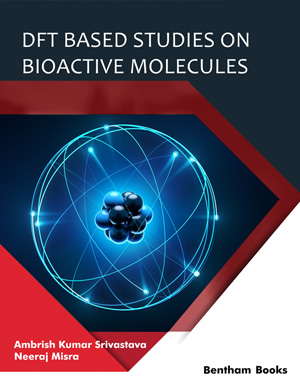Abstract
Background: A multi-objective genetic algorithm for De novo drug design (MoGADdrug) has been proposed in this paper for the design of novel drug-like molecules similar to some reference molecules. The algorithm developed accepts a set of fragments extracted from approved drugs and available in fragment libraries and combines them according to specified rules to discover new drugs through the in-silico method.
Methods: For this process, a genetic algorithm has been used, which encodes the fragments as genes of variable length chromosomes and applies various genetic operators throughout the generations. A weighted sum approach is used to simultaneously optimize the structural similarity of the new drug to a reference molecule as well as its drug-likeness property.
Results: Five reference molecules namely Lidocaine, Furano-pyrimidine derivative, Imatinib, Atorvastatin and Glipizide have been chosen for the performance evaluation of the algorithm.
Conclusion: Also, the newly designed molecules were analyzed using ZINC, PubChem databases and docking investigations.
Keywords: De novo drug design, drug-likeness, genetic algorithm, multi-objective optimization, oral bio-availability, tanimoto similarity.
Graphical Abstract












